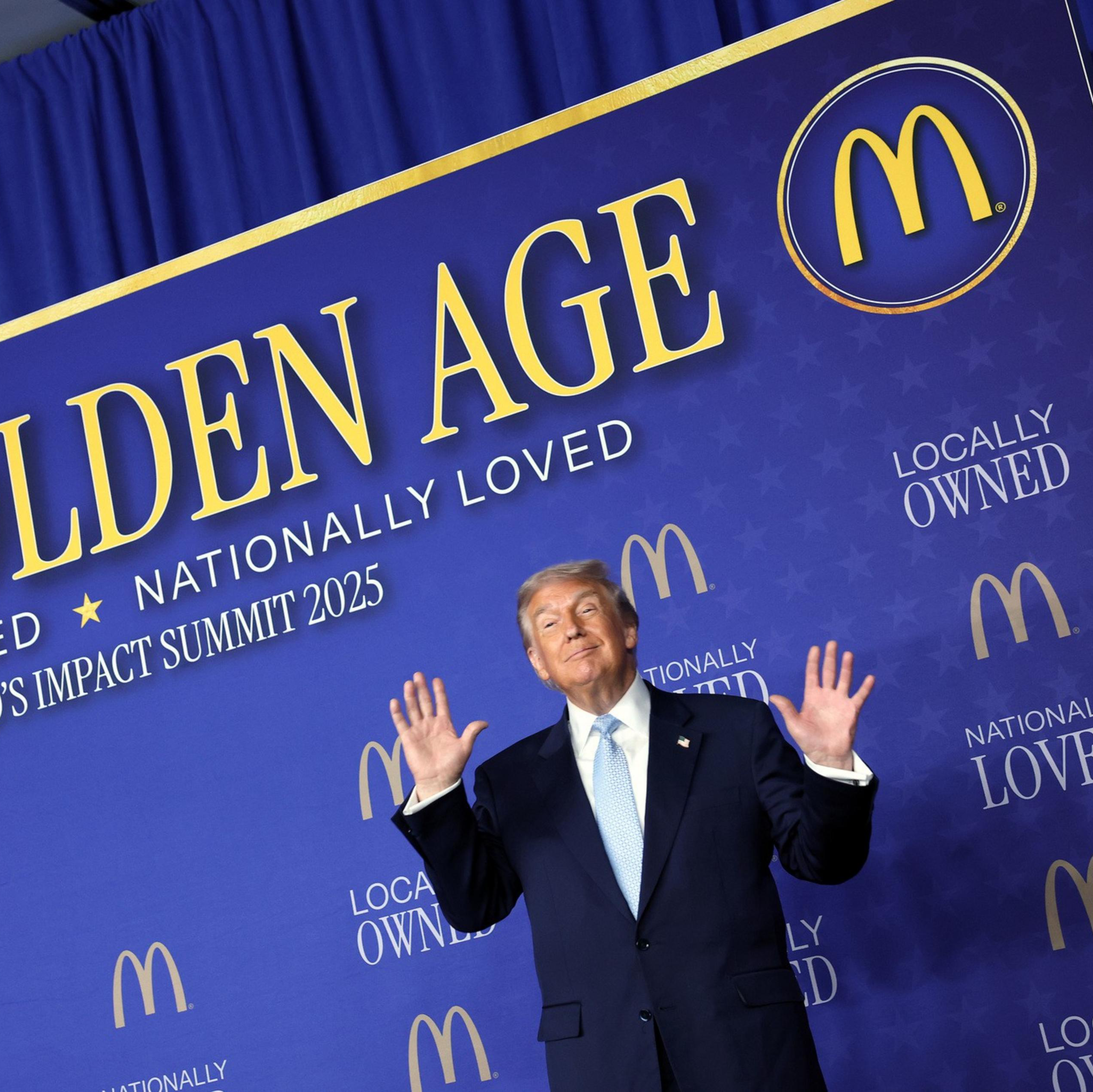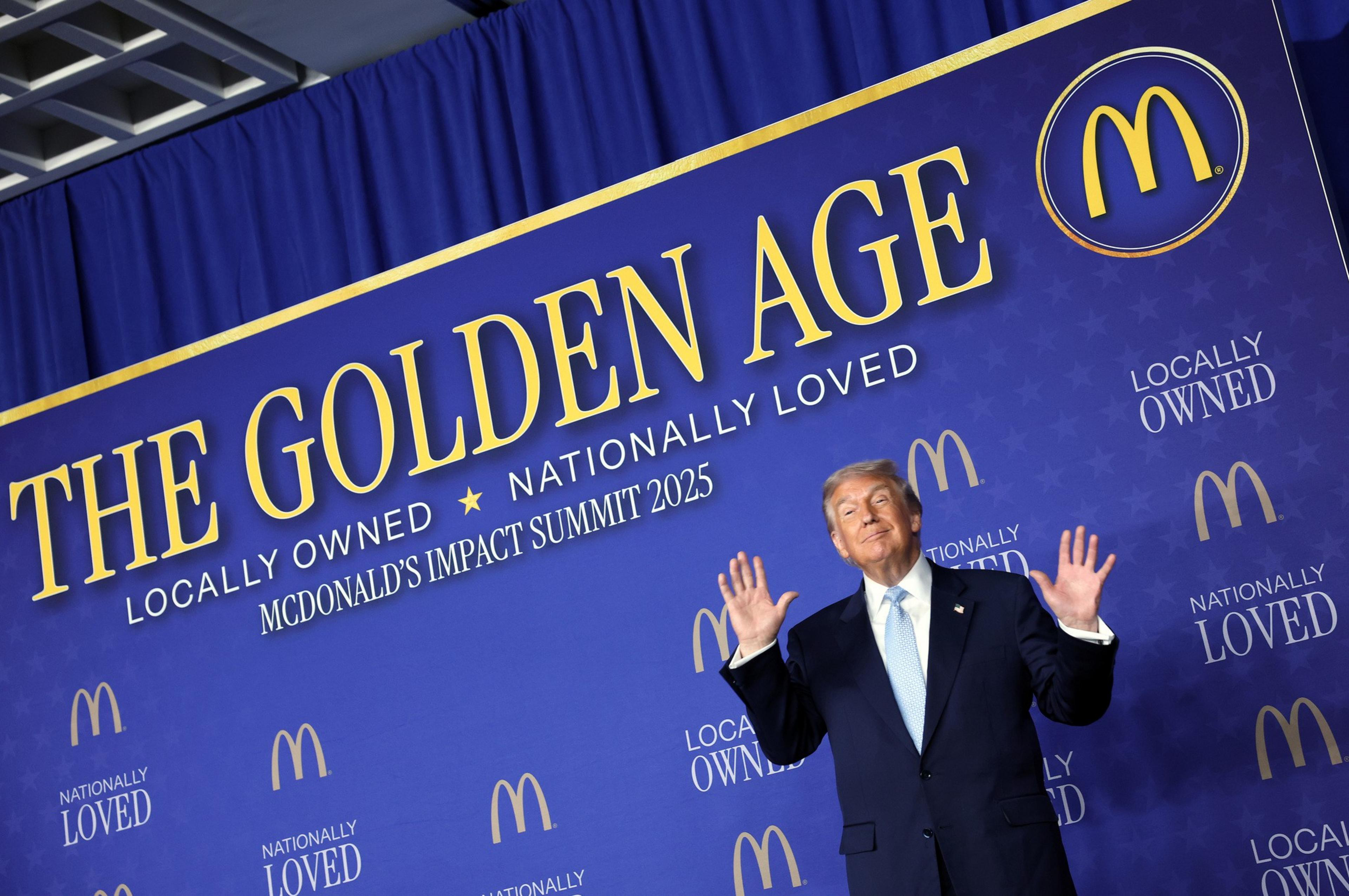President Donald Trump’s “One Big Beautiful Bill Act (opens in new tab)” could blow a less-than-beautiful $400 million hole in San Francisco’s coffers, city officials have warned, with tens of thousands of people at risk of losing Medi-Cal coverage.
The San Francisco Department of Public Health and Human Services Agency estimate that Trump’s signature bill could cost the city hundreds of millions in federal funding through 2038, according to a new analysis (opens in new tab). The bill could also impact the Human Services Agency’s budget by up to $81 million, potentially affecting healthcare and food assistance programs.
Between 25,000 and 50,000 San Franciscans could be kicked off Medi-Cal, which is California’s Medicaid plan, by the end of 2027, the analysis found, and nearly 20,000 San Franciscans may lose food-stamp benefits.
Undocumented people are at particular risk (opens in new tab) under the Trump administration’s freeze on Medicare enrollment for immigrants.
Mayor Daniel Lurie said he’ll spend several months trying to mitigate the worst impacts of these cuts on next year’s budget, which is due in the summer. While the funding impacts stretch through the next decade, $315 million of the hit could come next year.
“These changes at the state and federal level represent a real threat to San Francisco — to our residents and to our budget,” Lurie said in a statement.
Trump signed the federal bill in July, celebrating its passage for dramatically increasing funding to Immigration and Customs Enforcement and eliminating “waste and fraud” in Medicaid (opens in new tab). Republicans said it would strengthen Medicaid for “those who need it most. (opens in new tab)”
The law clawed back nearly $1 trillion in federal spending from healthcare and food assistance, while providing $4.5 trillion in tax breaks for wealthy Americans (opens in new tab). It included a bevy of new restrictions on Americans who receive public benefits, from instating work requirements to cutting funding to administer social safety-net programs.
Many of the new restrictions target immigrants. Hospitals will no longer be reimbursed if they provide emergency-room care for undocumented adults, and lawful and undocumented immigrants will face new eligibility restrictions to receive food stamps.
Under Trump’s policy, “more people will be uninsured, threatening their access to services including primary care, prenatal services, and chronic disease management,” the departments wrote in their analysis. “This will place additional pressure on San Francisco’s safety-net hospitals and clinics. Many clients will lose access to food assistance and be forced to make difficult tradeoffs between basic needs such as rent and healthcare.”
Nationally, a staggering 10 million people may lose medical insurance by 2034; this could cause 22,000 medically preventable deaths per year, a Harvard Medical School study (opens in new tab) estimates.
The bill’s funding cuts could cause devastating financial losses to San Francisco’s Department of Public Health, which serves low-income and immigrant populations on public aid programs. The city could shore up that funding loss by slashing other department budgets.
If not, impacts to services could create a ripple effect across the local healthcare system, said Johanna Liu, president and CEO of the San Francisco Community Clinic Consortium, which represents a dozen healthcare providers serving more than 100,000 San Franciscans at the Native American Health Center and Healthright 360, among other sites.
“If one of us has to tighten up, or doesn’t have appointment times to see patients, then it sort of creates an impact on the system,” Liu said.
The city analysis additionally warned that the $6 million drop in monthly food-stamp support may threaten hundreds of local grocery jobs.
“A robust response is needed to help as many clients as possible maintain eligibility, first and foremost for the nutrition/health of the clients themselves, but also to mitigate the revenue losses and prevent further strain on the city’s food distribution and healthcare systems,” the department wrote.
The city was facing a tough budget outlook even before the passage of Trump’s Big Beautiful Bill, and Lurie has warned that steep cuts are on the horizon for 2026. The mayor and Board of Supervisors closed a roughly $800 million deficit in the budget this year, about a third of which was recurring.
In 2025 budget negotiations, Lurie and Supervisor Connie Chan, who chairs the Budget Committee, negotiated a $400 million reserve (opens in new tab) to cushion the city from federal cuts. But that agreement focused on backfilling one-time cuts, not recurring deficits that will affect food-stamp and Medi-Cal programs in the long term.
Before the Affordable Care Act was passed in 2010, Gavin Newsom, the mayor at the time, and Supervisor Tom Ammiano worked on legislation that created a city healthcare program called Healthy San Francisco (opens in new tab). It served 51,000 San Franciscans, according to the Department of Public Health, but as of September, only 2,900 people were enrolled — largely because it was made redundant when the federal plans became available.
The Public Health Department wrote in its analysis that Healthy San Francisco may again need to be an option for those who will lose their benefits under Trump’s bill.

